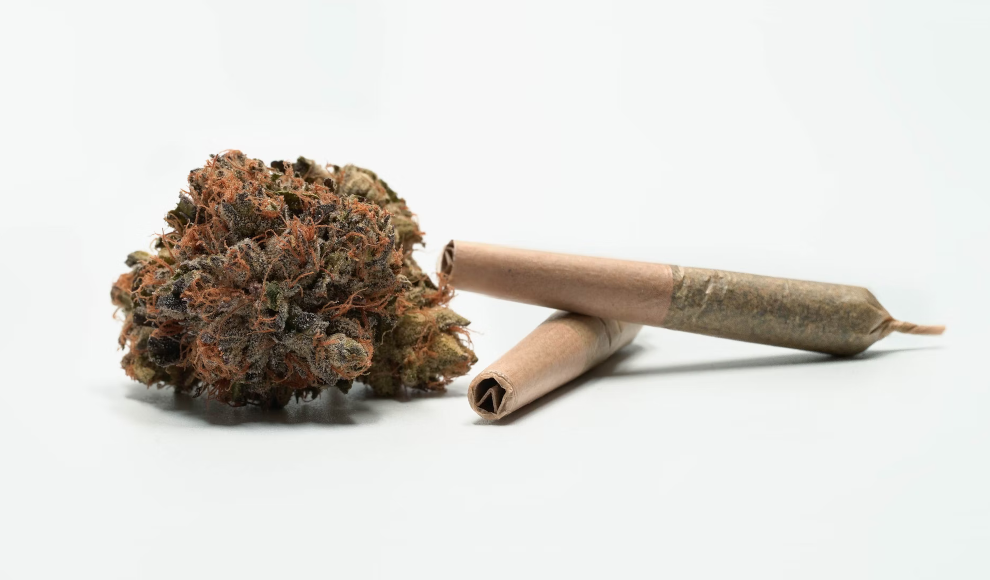A recent study has debunked the theory that legalizing cannabis leads to an increase in the consumption of other drugs. In the United States, many states have legalized the use of marijuana for medicinal purposes, and some have even decriminalized it for recreational use. However, critics of this legislation have argued that legalizing cannabis would lead to an increase in the consumption of illegal drugs, alcohol, and painkillers.
According to a study published in the Journal of Experimental Criminology, cannabis is not a gateway drug that leads to harder drugs. Researchers from the University of Washington investigated the effects of cannabis legalization on the consumption of other drugs. In the state of Washington, individuals over the age of 21 have been able to legally possess and consume small amounts of marijuana (up to 30 grams) for almost a decade. The cultivation and sale of marijuana are also regulated by the state.
The study focused on individuals between the ages of 18 and 25 and was based on data collected from 12,500 participants between 2014 and 2019. The researchers found that since the legalization of marijuana, alcohol consumption has decreased, as has the abuse of painkillers and cigarette smoking. The only increase was in the use of e-cigarettes among young participants. The researchers attribute this increase to the fact that the spread of e-cigarettes and the legalization of marijuana occurred at the same time.
In conclusion, the study provides evidence that legalizing cannabis does not lead to an increase in the consumption of other drugs. The findings suggest that the legalization of marijuana may even have a positive impact on public health by reducing the consumption of alcohol and painkillers. However, the increase in e-cigarette use among young people is a cause for concern and should be addressed by policymakers.










